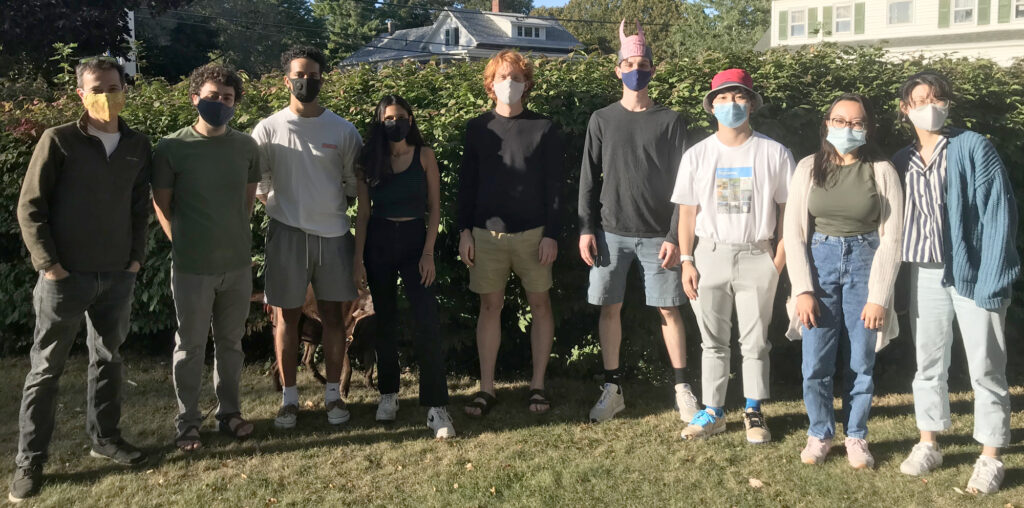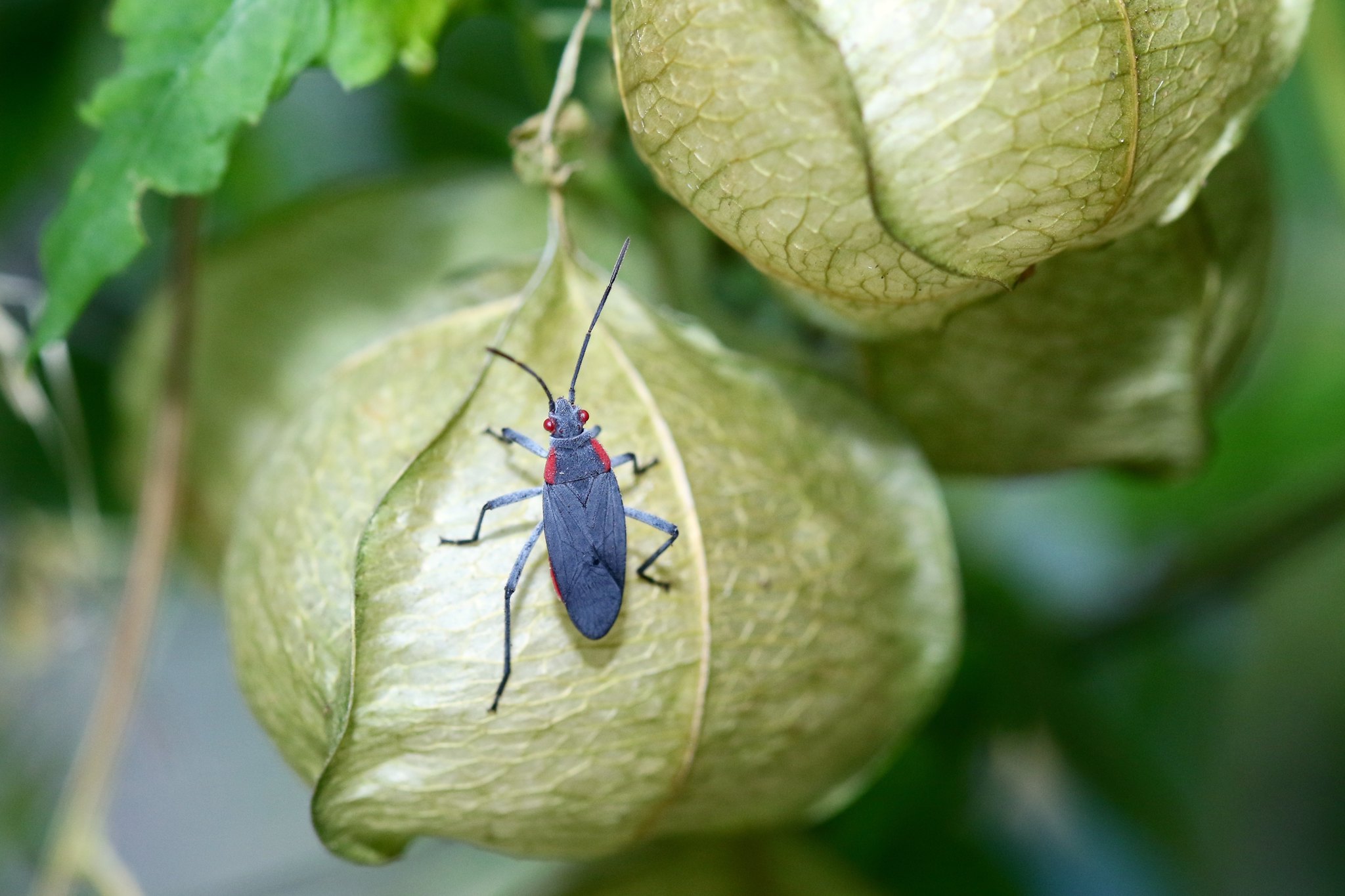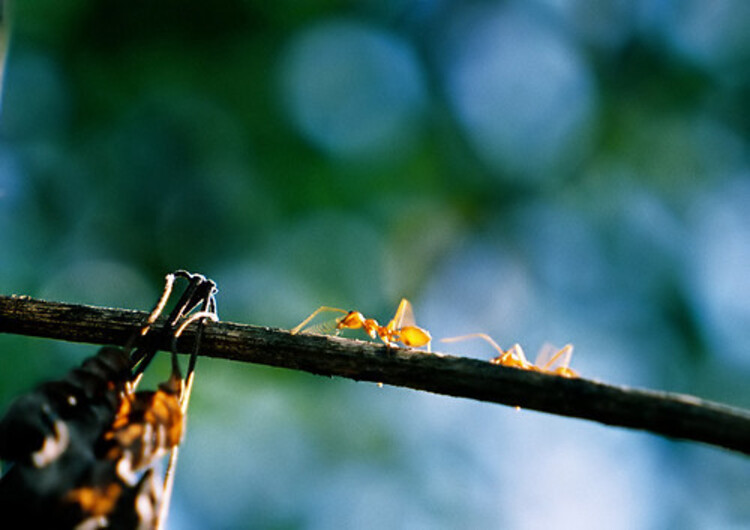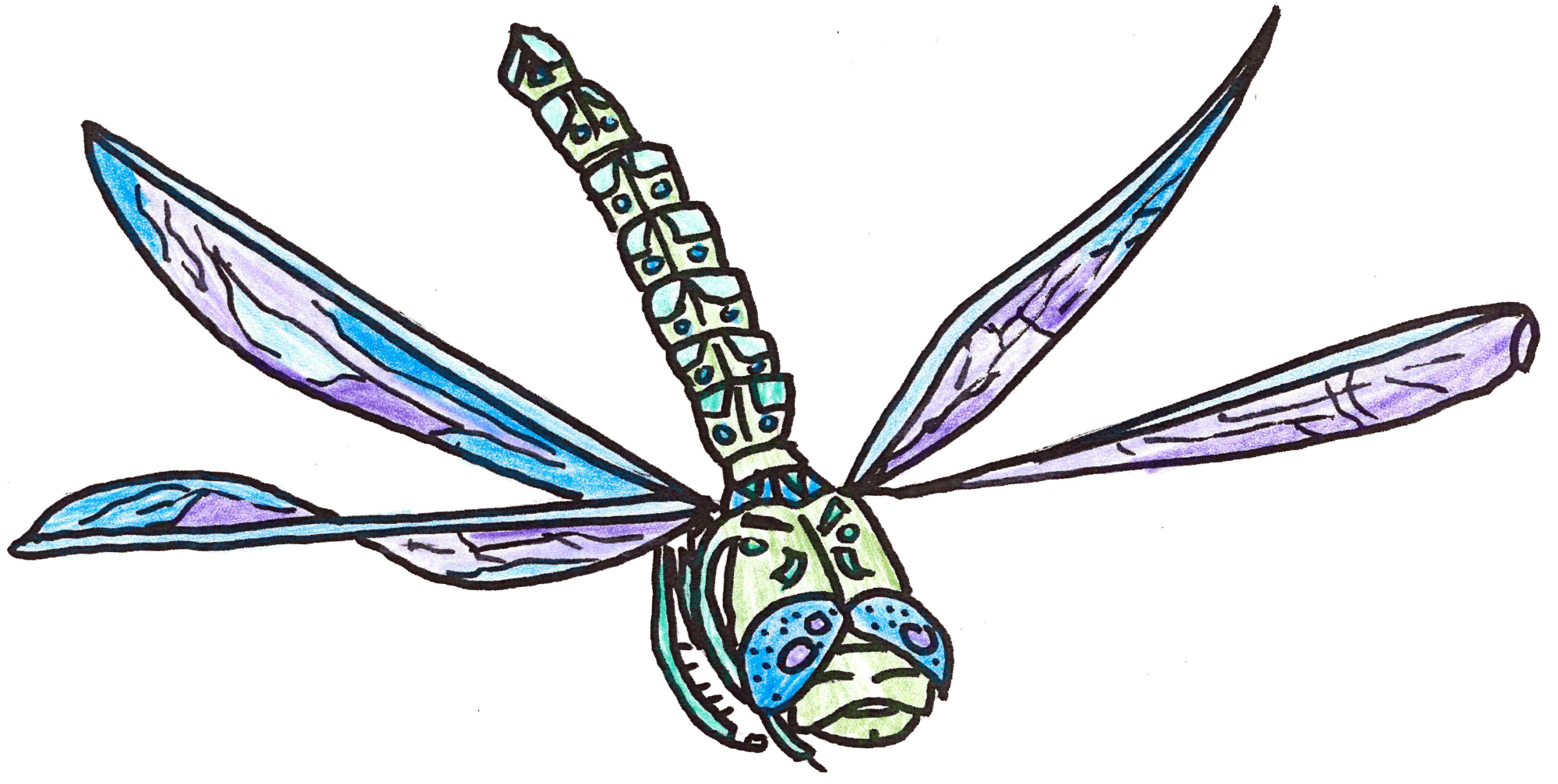Nutrition-dependent wing polymorphism, RNA interference, and the polymerase chain reaction are concepts I know well that were gibberish to me only a year ago. If you’d tried to run them by me in elementary school, I likely would have gotten mad at you. “Why are science words so hard, and can’t people just say things simpler!?!?!” Deeper down, I would be wondering how people ever got smart enough to use those big words in the first place.
For a long time, my journey in science was about being convinced that if I learned one new weird word, took one more hard class, and did well on one more scary test I’d finally feel smart.
Imposter syndrome can be found everywhere, but it seems to me to be particularly prevalent in people interested in science. As a biochemistry major at Colby, I can’t count the number of times I’ve talked with another science major about how we both feel clueless. Whether science attracts habitual self-doubters or somehow encourages its practice is something I’m still trying to figure out. Either way, trying to chase confidence just by learning more things is not the route to making yourself feel fulfilled in your studies. Ironically, that’s something I had to learn, and it’s also why I’m writing this post.
If you, reader, are a young student who is interested in the sciences but you don’t feel confident in yourself, or you feel like you need to know everything there is in science to feel smart, understand this: the scientist who knows everything is not a scientist at all. In reality, the “smartest” scientists are the ones who work on problems that they can’t even imagine answers for. Science at its core is about asking questions about the world, and the only worthwhile measure of a scientist is how far they are willing to go to answer the questions that they ask. So, when I was seeking out new words, challenging myself with difficult material, and constantly assessing my knowledge, I was being a good scientist. The same goes for whoever is reading this post: don’t measure yourself by how much science you know, measure yourself by how much science you want to learn. If you think science is cool, and you like learning new things about a particular field, you are -case closed- a good scientist. As you go through your studies, try your best to not lose sight of that fact, or the innate curiosity that got you interested in science in the first place.




